The rebirth of Ma Anand Sheela: from Rajneeshee queen to carer for disabled
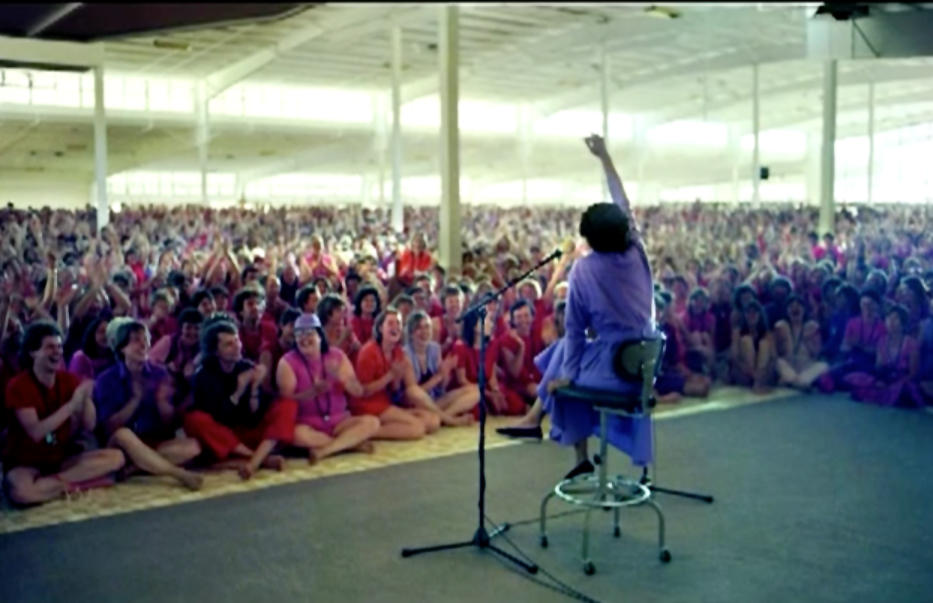
Sheela Biernstiel - aka Ma Anand Sheela – has created a new life for herself in Switzerland as a carer for the mentally disabled, leaving behind her notoriety as the suspected mastermind behind a bioterror plot in the United States.
When you arrive in the village of Maisprach, you know you are in rural Switzerland. The yellow postal bus – transporting elderly women carrying grocery bags and school children returning home for lunch – drops me off near the village centre. First unsure of which direction to take, I spot a sign at the bus stop for Matrusaden, the disabled home run by Sheela.

The route there follows a narrow road through green fields and meanders uphill towards a small glen. Just as I begin to wonder if I’d missed a turn, I spot another Matrusaden sign poking out of a carpet of dead leaves. I plod on with growing apprehension of meeting the notorious Sheela. Her Wikipedia pageExternal link, that I had consulted earlier, does her no favours.
“As the personal secretary of Bhagwan Shree Rajneesh, the spiritual leader of the Rajneesh movement, from 1981 through 1985, she managed the Rajneeshpuram ashram in Wasco County, Oregon, United States. In 1985 she pleaded guilty to attempted murder and assault for her role in the 1984 Rajneeshee bioterror attack,” it said.
Too late now. I crest the hill and finally catch sight of the home. There are several vehicles in the car park and horses stabled at a vet on the other end of the road. As I am a bit early for my appointment, I wander towards a mare and her foal. Just as I’m about to pet the horses, I hear my name being called. Two women have come running out of the home and are beckoning me in. Sheela is one of them. I’m struck by how frail she looks but that is because the photos and videos I had seen were taken decades ago. After all, she will turn 70 this year.
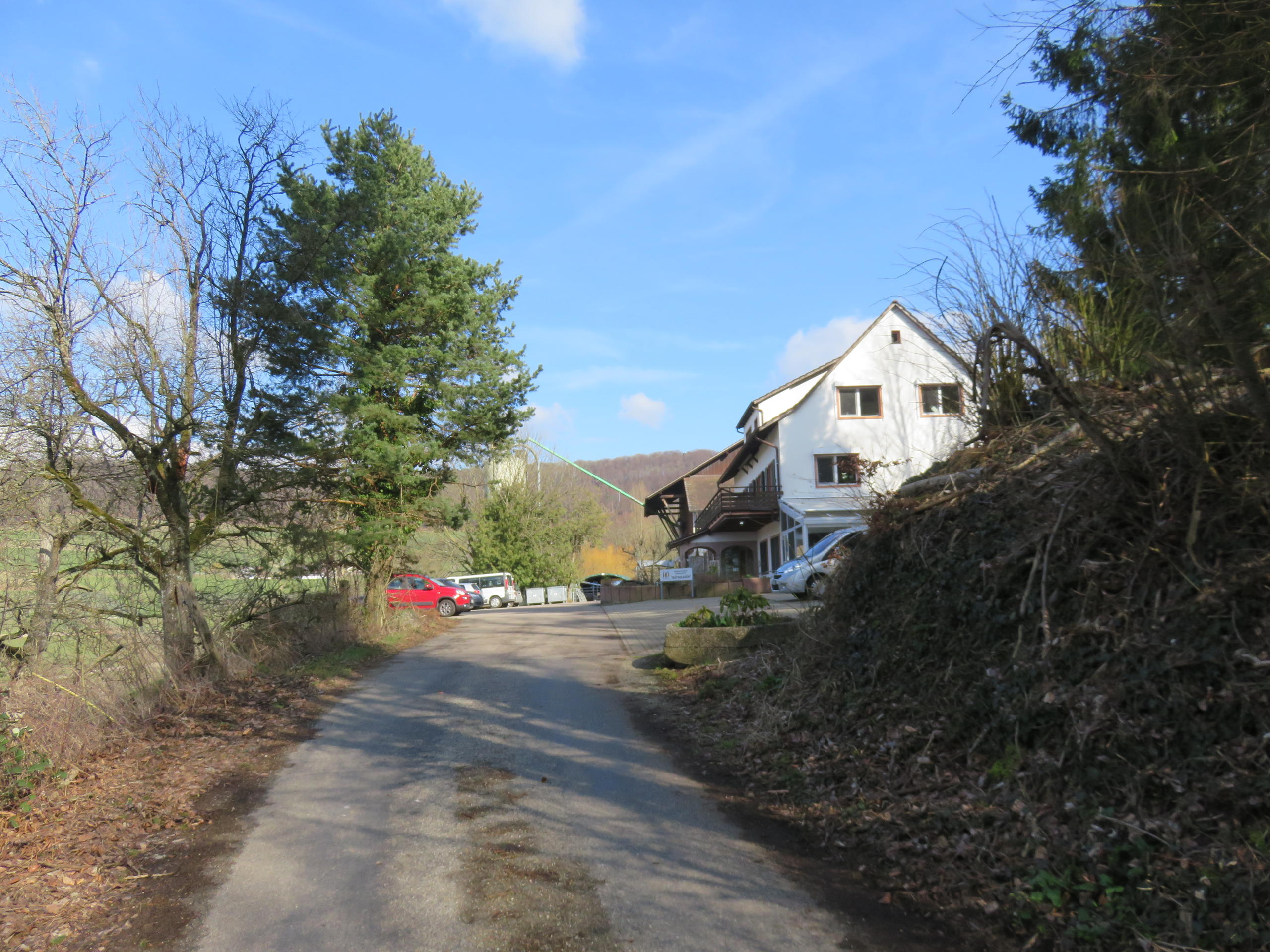
Also known as Osho or Bhagwan Shree Rajneesh, the Indian spiritual guru gained a following in Mumbai from 1970 onwards before relocating to nearby Pune where his followers built a retreat for him. He gained notoriety for preaching against religious orthodoxy when it came to wealth and sex. In 1981, he appointed India-born Sheela as his secretary and she was tasked with finding a new location for the commune in order to expand. A ranch in Oregon in the US was purchased for close to $6 million and was renamed as Rajneeshpuram. It became the headquarters of the Rajneesh empire.
The commune soon came into conflict with locals who were against the development of the ranch and the alternative lifestyle of red-clad Rajneesh disciples. To overcome hurdles to their building projects, the commune succeeded in getting its members elected to the local government. In 1985, Sheela quit the commune claiming that she could not handle Rajneesh’s demands for Rolls Royce cars and expensive watches. After her departure, Rajneesh broke his vow of silence and accused her and her close aides of poisoning local residents with salmonella bacteria to swing the outcome of the local election. He also claimed she had stolen $55 million from the commune.
Sheela was extradited from Germany where she had fled and was charged with attempted murder among other crimes. She eventually pleaded guilty to the charges of immigration fraud and illegal interception of telephone calls and served 39 months of her 20-year sentence. Rajneesh was also briefly arrested but handed a 10-year suspended sentence for immigration fraud and ordered to leave the US. After a few years of a nomadic existence, he returned to his original retreat in Pune in 1987 and died three years later at the age of 58.
A documentary film called Wild Wild CountryExternal link on Rajneesh, Sheela and the Rajneeshpuram commune in Oregon was released this year.
Dementia temple
As soon as I enter the building, I see a large photograph of a bearded man. I assume it is Sheela’s former guru, Rajneesh, but on closer inspection realise I am wrong. Sheela tells me it was her father and the picture next to it her mother. She had named her two homes for the disabled “Matrusaden” (mother’s home) and “Bapusaden” (father’s home) in honour of their memory.
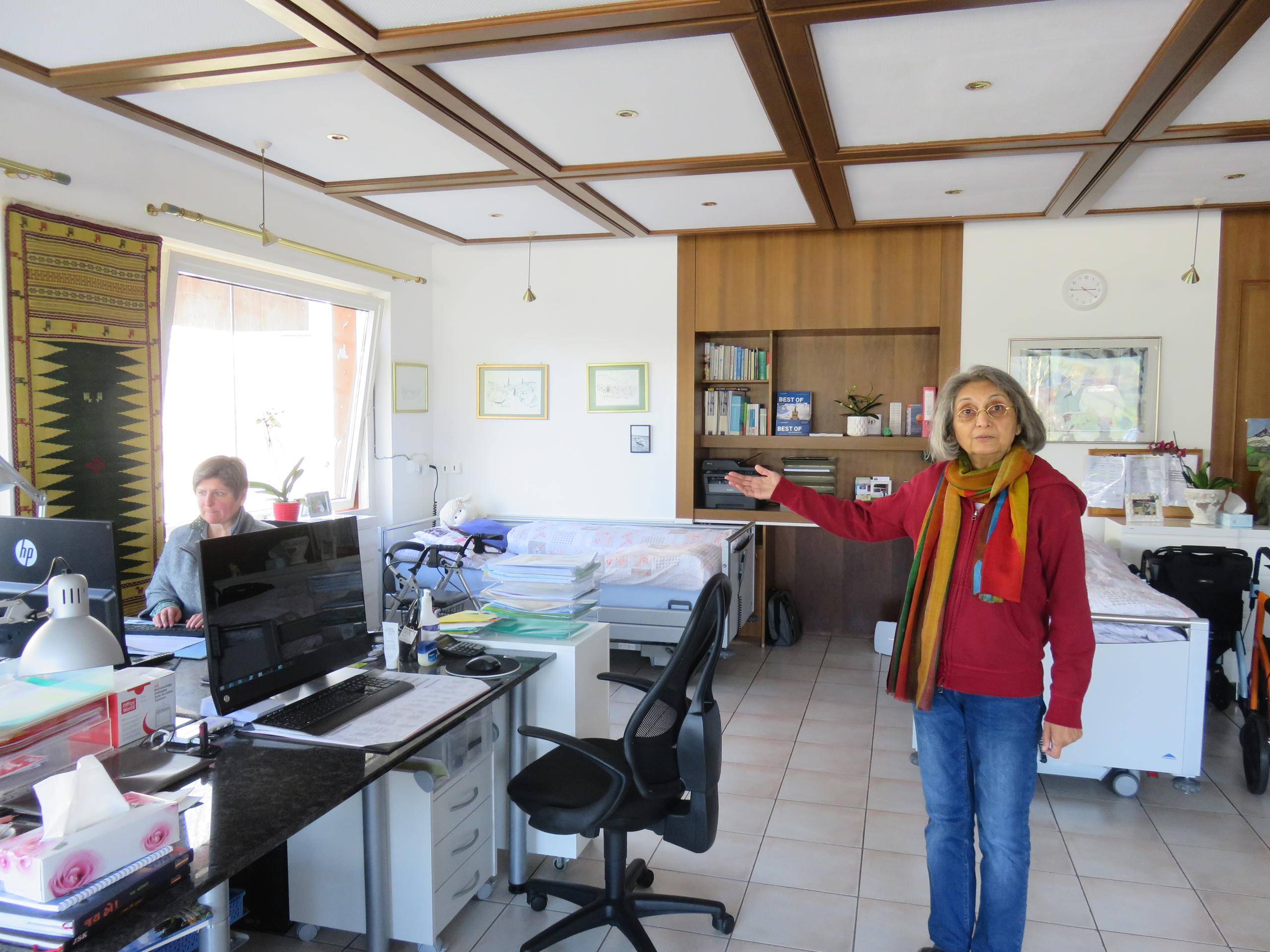
I am then ushered into the office, which is unlike any I have ever seen. The computers and desks used for admin work are surrounded by beds for patients. Sheela calls the room “Demenz Mandir” or dementia temple. This is where the most severely handicapped patients spend the night, so they don’t feel isolated. It is also a stratagem to normalise dying by exposing the residents to the death of other patients in the room.
“A lot of mentally disabled people have a massive anxiety of dying. They should come in contact with it to see that it is nothing to be afraid of,” says Sheela.
Most of the patients were in the sun-bathed conservatory at the opposite end of the home and were busy with their colouring books. One by one they introduced themselves and shook my hand. Many were born abroad in countries like Brazil, Turkey, Sri Lanka, Vietnam, Serbia, Germany, Austria and India. The youngest is 42 and the oldest 83. Most had been at Matrusaden for over a decade. While the home can only admit patients between 18 and 64, they can stay as long as needed. Matrusaden is a non-profit foundation and patients get government support to cover whole or part of the CHF8,500 ($8,854) monthly fees for their care.
“We are known for dealing with difficult patients who have not found a place in other institutes due to their handicap. We have patients who have visited 15 other homes and no place has functioned for them,” says Sheela.
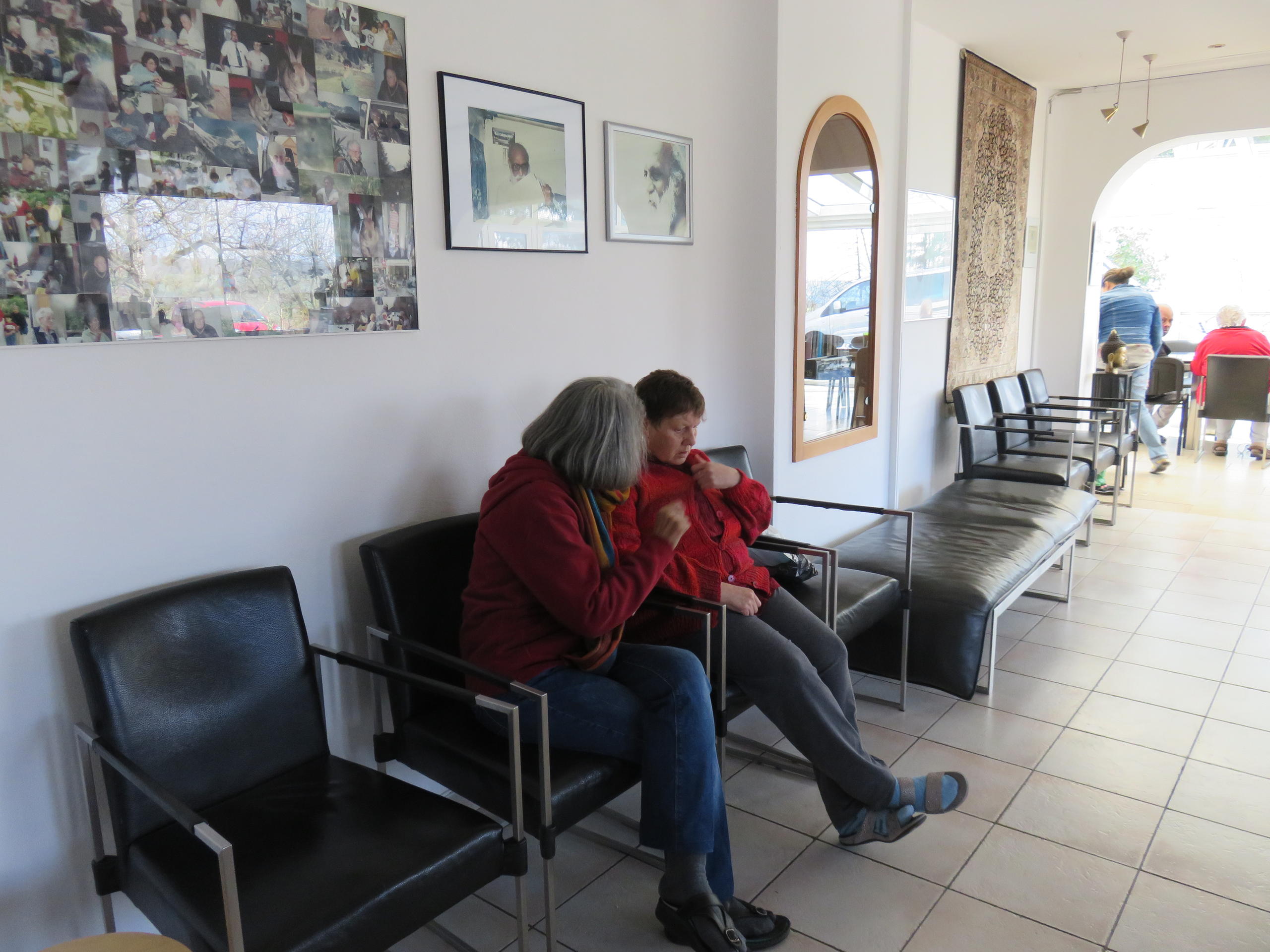
The only patients that Sheela turns away are drug addicts and those suffering from tetraplegia. The former are not her “cup of tea” and the latter require special infrastructure that is difficult to provide in a small home.
The most unique aspect of the place is that there are no designated areas patients are restricted to. They are free to walk into any room, including Sheela’s bedroom that is located on the first floor of the home. I feel like an intruder when I enter her bedroom at her assistant’s bidding.
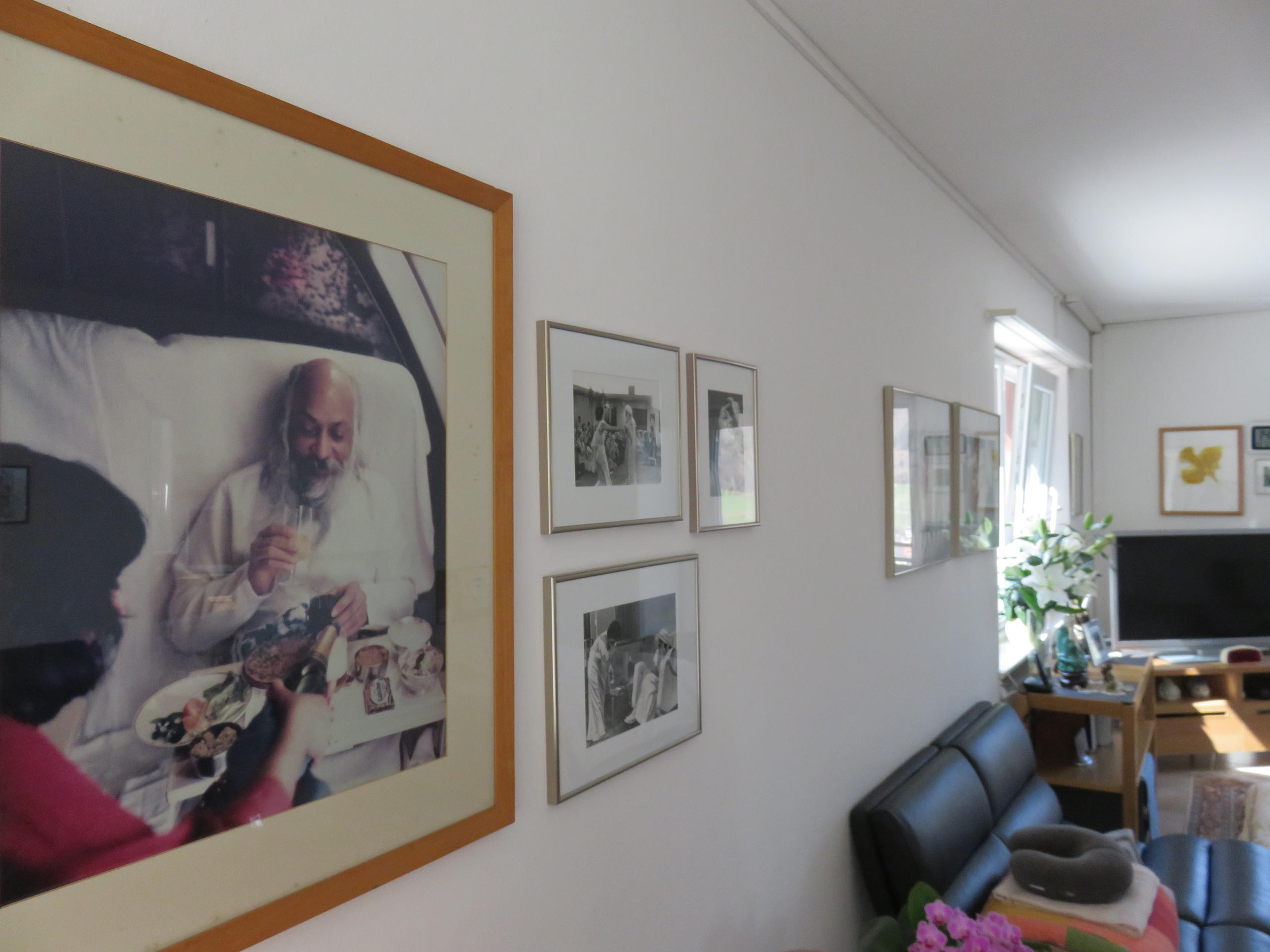
My eyes are immediately attracted to a large framed photograph of what appears to be Rajneesh being served champagne by Sheela. It is hard to imagine she still has affection for the man who blamed her for carrying out terrorist acts against the American government and the commune. The accusations resulted in her spending 39 months behind bars.
“My character was fully assassinated by Bhagwan and his people, as well as the Oregon government. I was trying to digest that and had no idea what I would do when I came out of prison. When I eventually did, I was unfit for the outside world,” says Sheela.
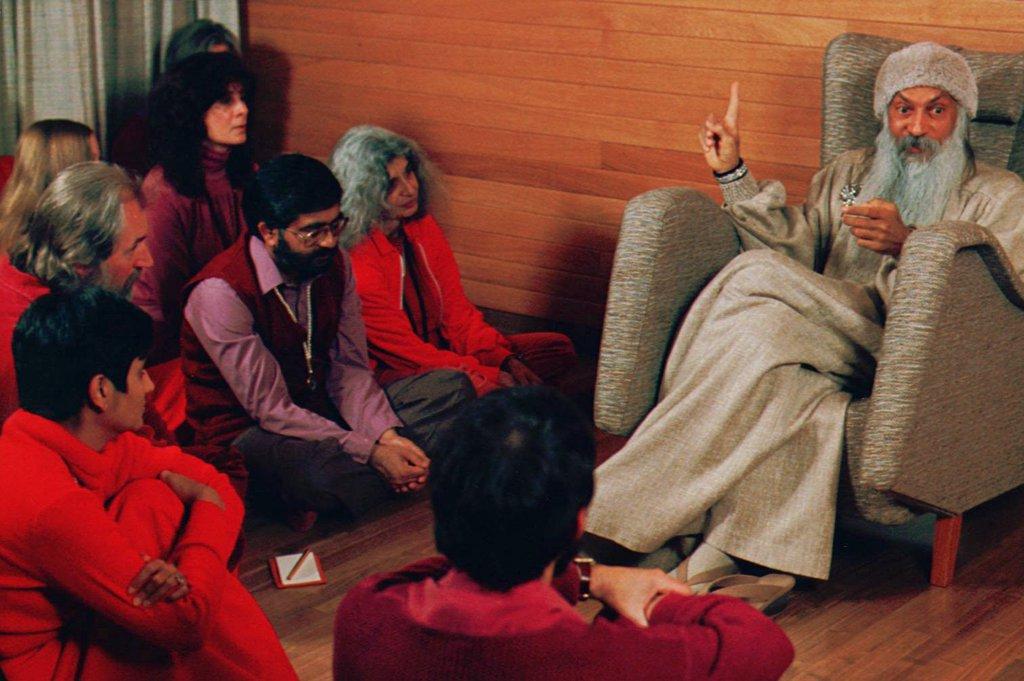
After serving her prison term, she left the US for Germany but was denied re-entry without explanation while on a shopping trip to Switzerland (Germany had extradited her to the US when she first left the country and commune in 1985). After a short stint in Portugal she settled in Switzerland in 1989.
Sheela had acquired Swiss nationality through her marriage in 1984 to a Swiss national who was in charge of the Zurich Rajneesh commune. Her husband died while she was serving her prison term in the US, leaving her with nobody to depend on. A German lawyer, who she had an affair with, refused to leave his wife and start a new life with her.
“I was still in shock due to my past life and was adjusting to a new environment. It was a very intense period,” she recalls.
She eventually found a job as a housekeeper for an old couple in Basel.
“It felt right because I was missing my parents very much. The old couple were in their eighties and helped soothe my heart,” she says.
Later on, she rented a house and took in six elderly disabled patients in 1990. She built up her reputation as a competent carer and five years later she moved to a bigger place and was responsible for 16 patients.
“In those days, there were no educational qualification requirements. They saw I was doing good work and they left me alone for 18 years.”
A law on caring for the disabled was eventually introduced and Sheela says she worked hard to meet the requirements. In 2008, her home received government accreditation, but the philosophy behind the care given is based on personal intuition and life experiences.
“Prison was my highest qualification and I don’t consider it time wasted. I learned patience there. I also learned the value of time and to accept my own reality better. These are the qualities I use in my work,” she explains.
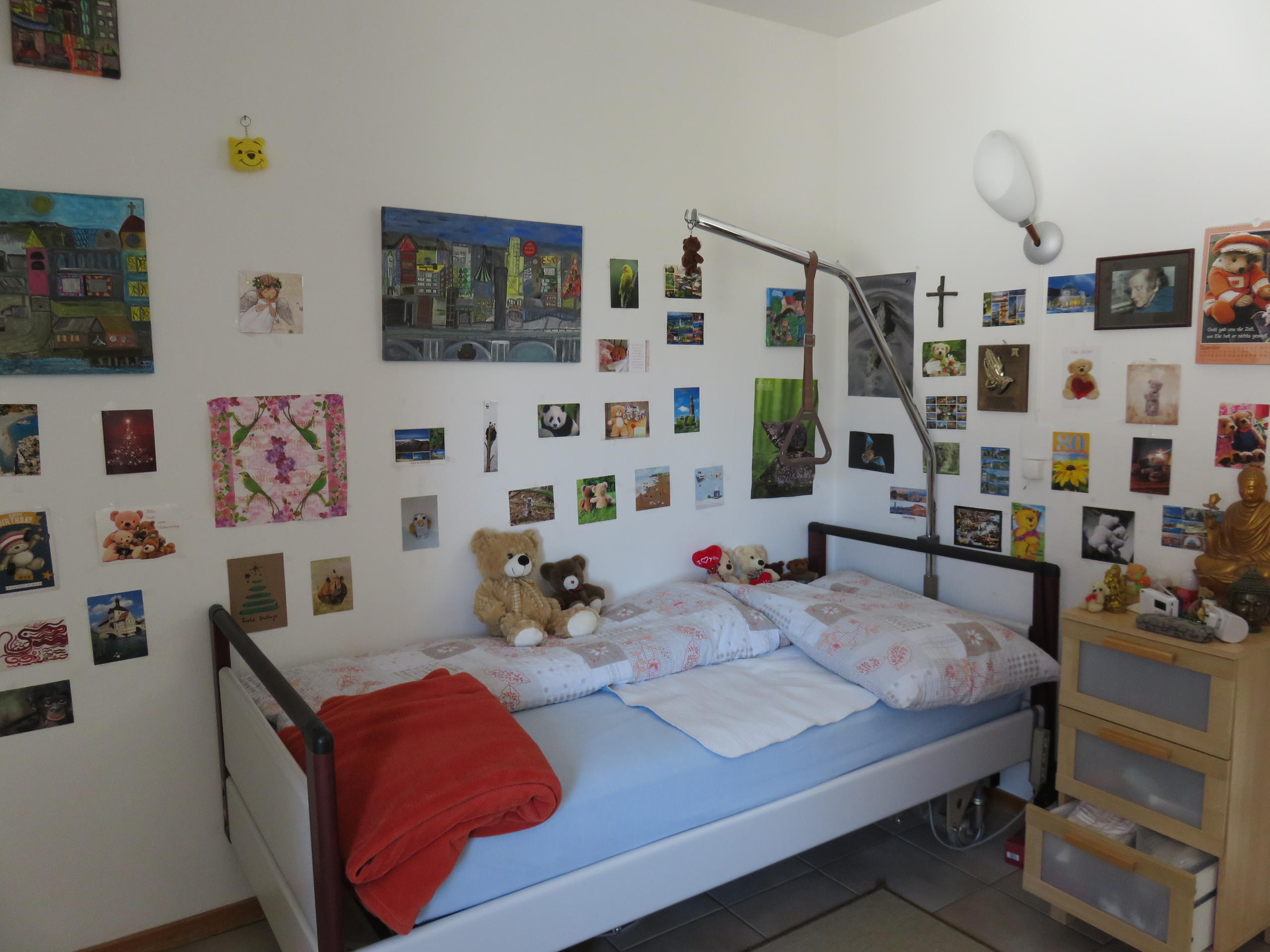
Back in the limelight
Sheela remained relatively anonymous during her first three years in Switzerland. She wasn’t hiding but nobody had made the link between Sheela the carer and the controversial Ma Anand Sheela of the Rajneeshpuram commune. That changed when a journalist from a regional newspaper contacted her for an article on homes for seniors.
“After I gave him a two-hour interview, the journalist called me later at night and said my face and name was familiar. He asked me if I was the same Rajneeshpuram Sheela and when I confirmed his hunch he changed his article from senior homes to me. I became known to the public again.”
The fact that her cover was blown did not bother her since she has never shied away from her past.
“It is a crown that I still carry today and was never something to be ashamed of. It was my honour to be living close with men like Bhagwan. He had a major influence on my life’s experience which in turn influences my work,” she says.
Her work today is all consuming with a total of 29 patients in the two homes under her care.
“I think Rajneeshpuram’s training does come handy. When you manage a huge place like that, this home looks like a joke,” she says.
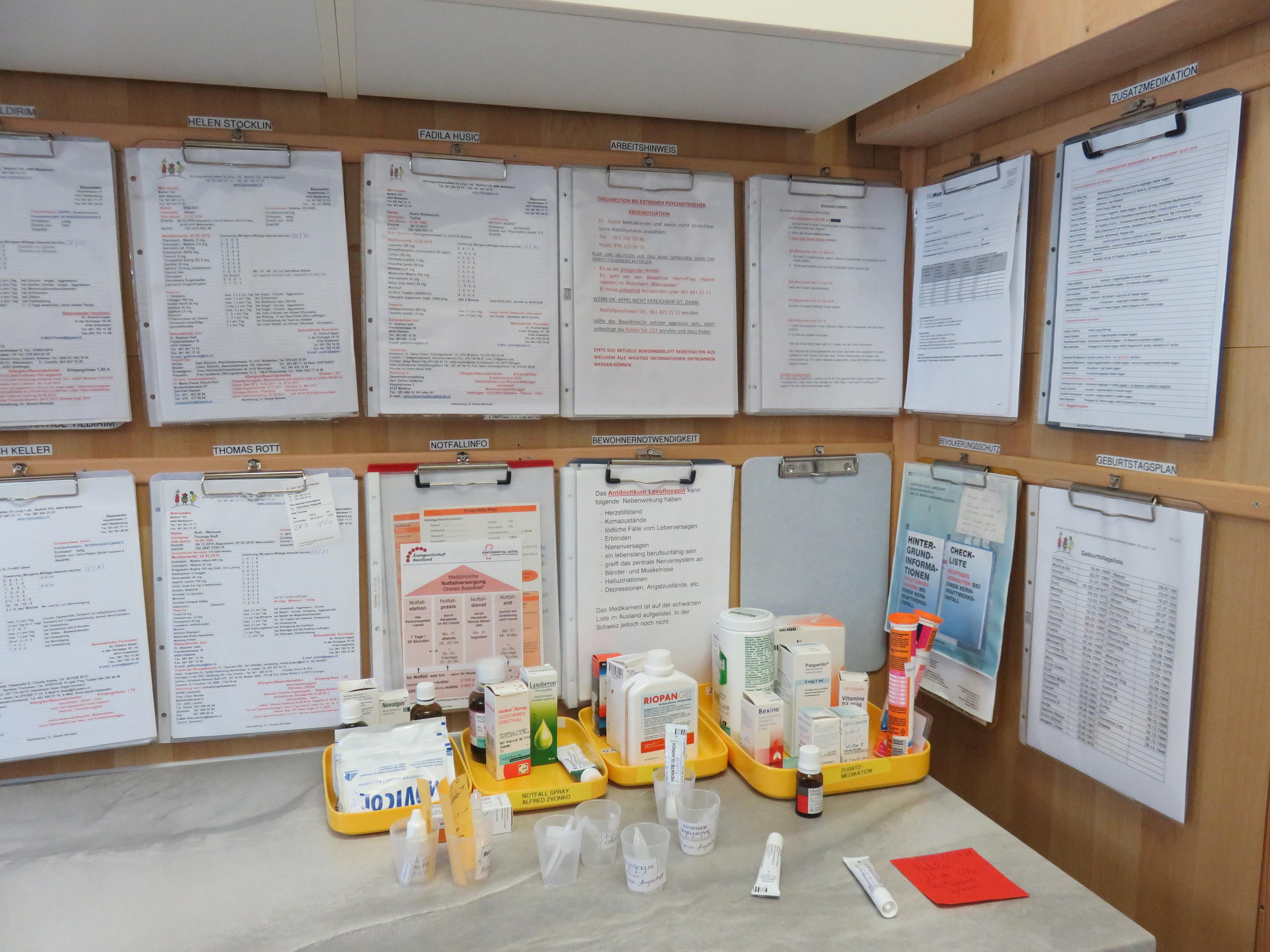
It is approaching tea time. As keen as I am to sample the coffee and cake the patients are given at 3pm, I do not want to overstay my welcome. Sheela’s sister, who is away buying groceries, makes an appearance. She is not pleased to see me.
“I think journalists are people who cannot work for a living but only make money out of other people’s lives. These things happened so long ago and yet the press cannot leave her in peace,” she says.
I can understand her hostility. Sheela is remarkably open about her life. That’s a journalist’s dream but can be a family member’s nightmare.
Before I leave, I have one last question for Sheela. Does she feel that her homes for the disabled are her life’s work as opposed to Rajneeshpuram where she was merely an instrument to realise Rajneesh’s vision?
“After I left Bhagwan, everything I do is my baby. I am proud to say his training comes in handy but this is my life’s work. Rajneeshpuram was Bhagwan’s life’s work and this is purely mine along with my team. I am happy with both my legacies: with and without Bhagwan.”
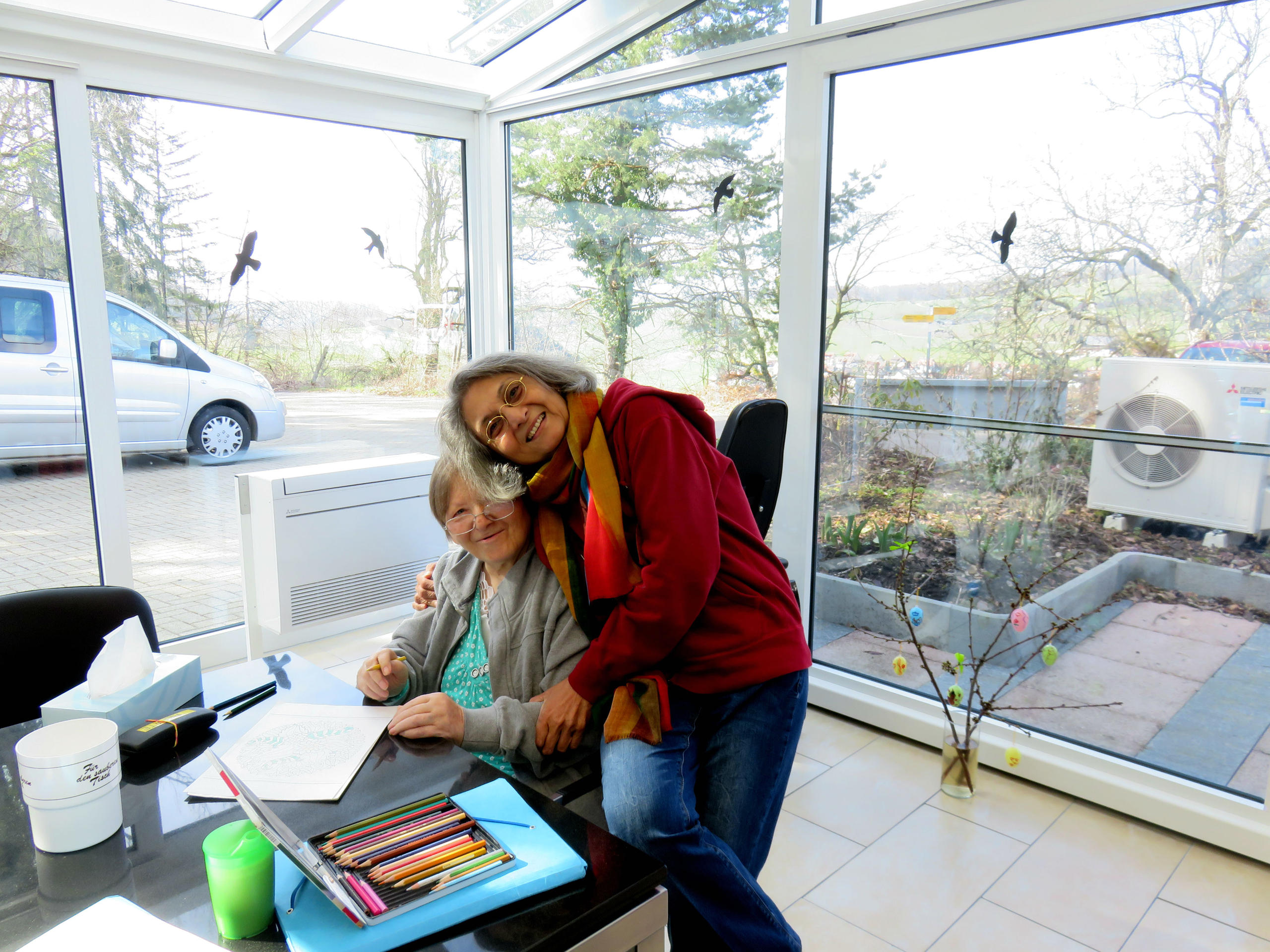

In compliance with the JTI standards
More: SWI swissinfo.ch certified by the Journalism Trust Initiative
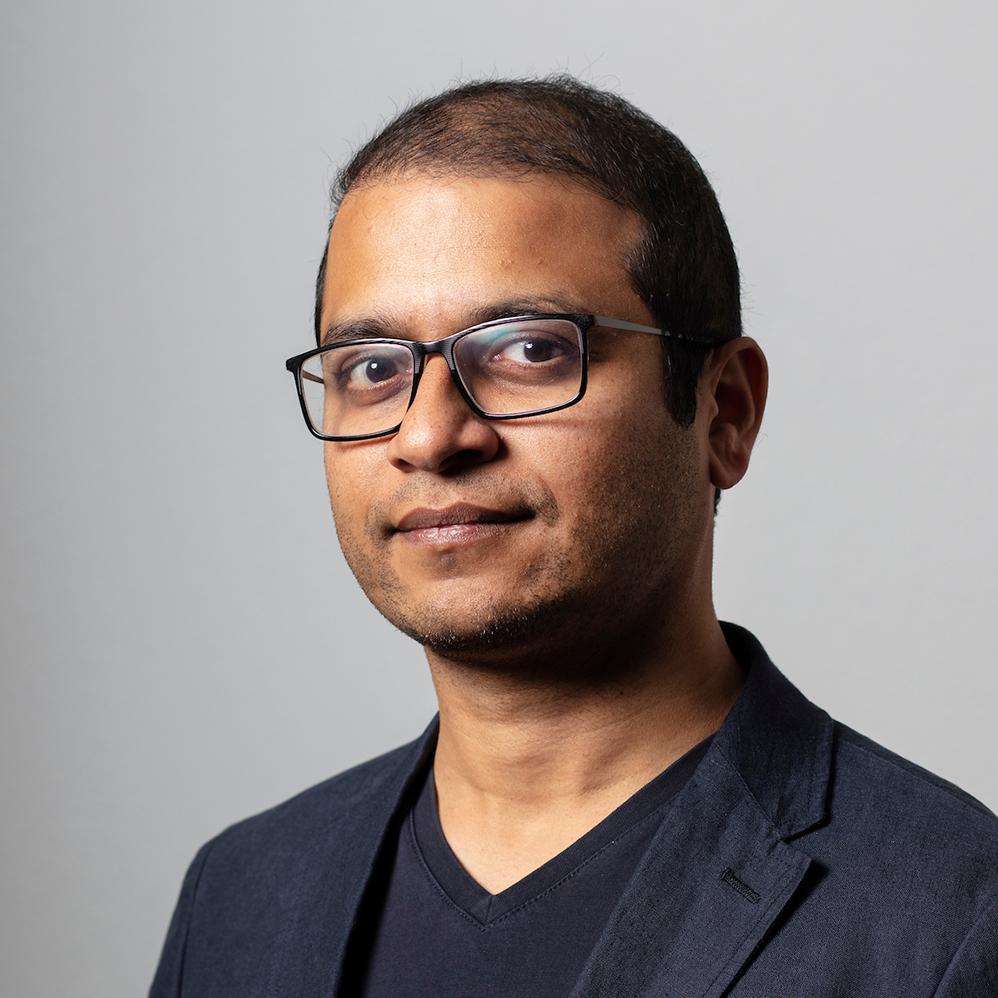
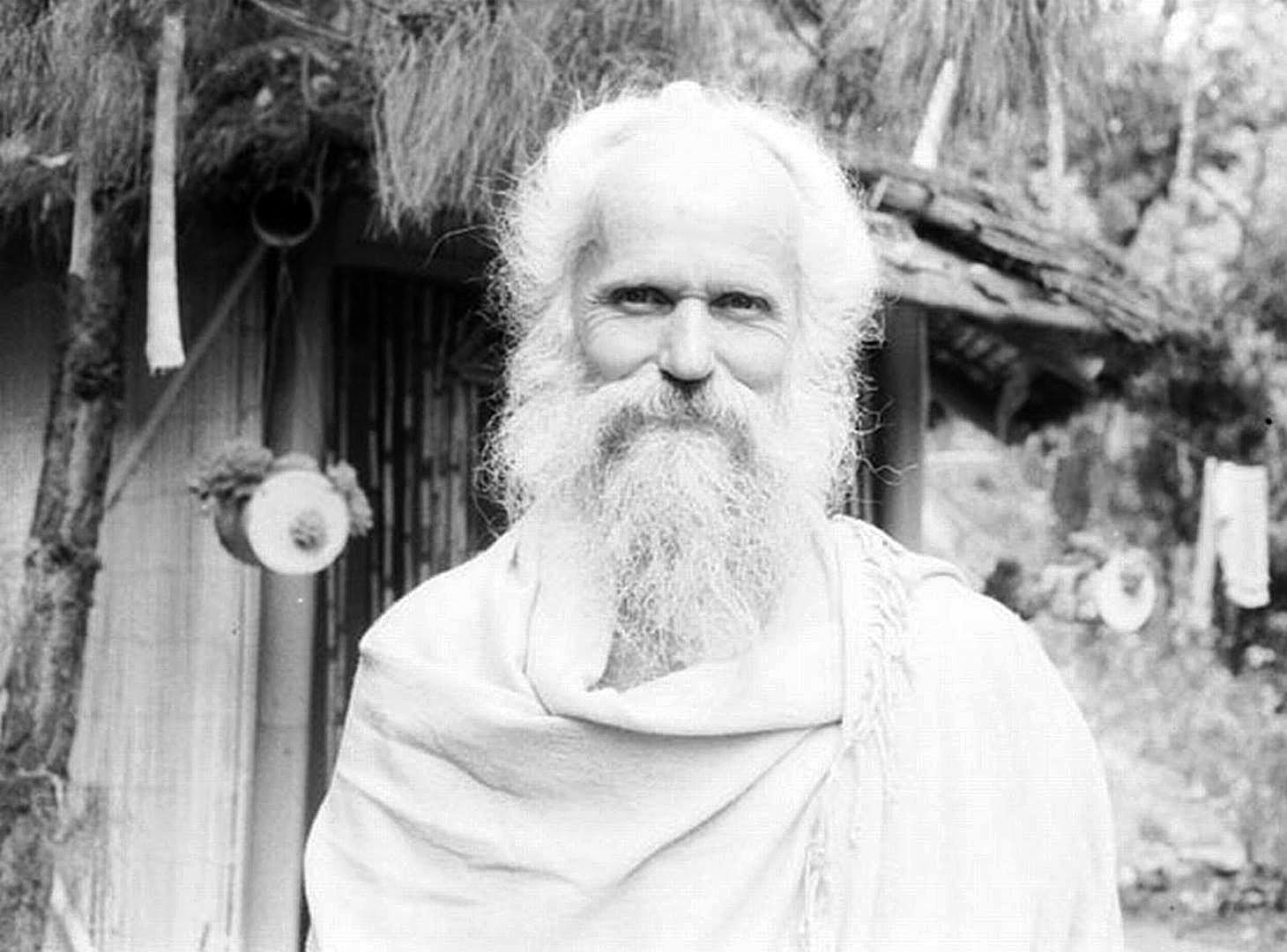

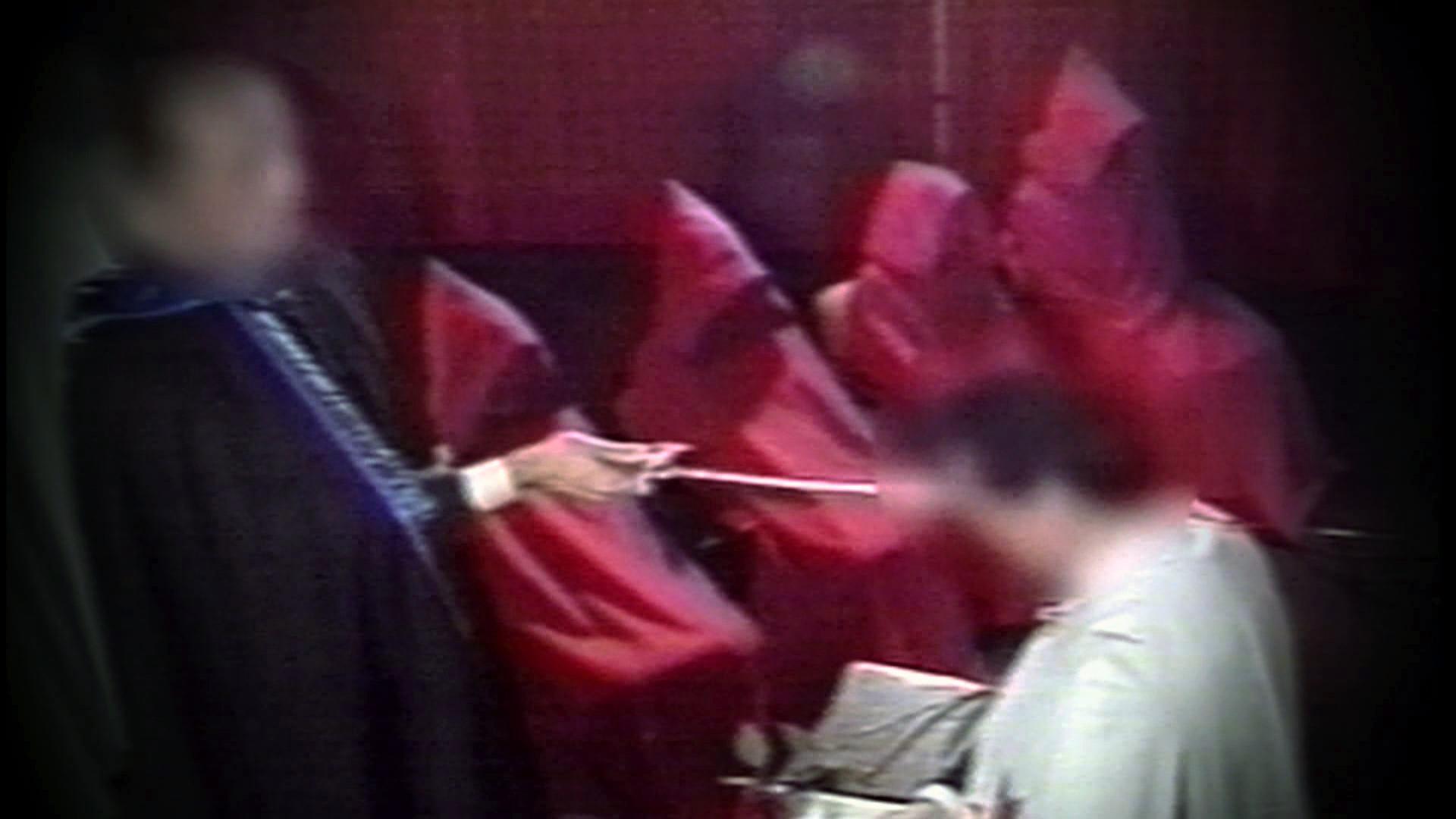
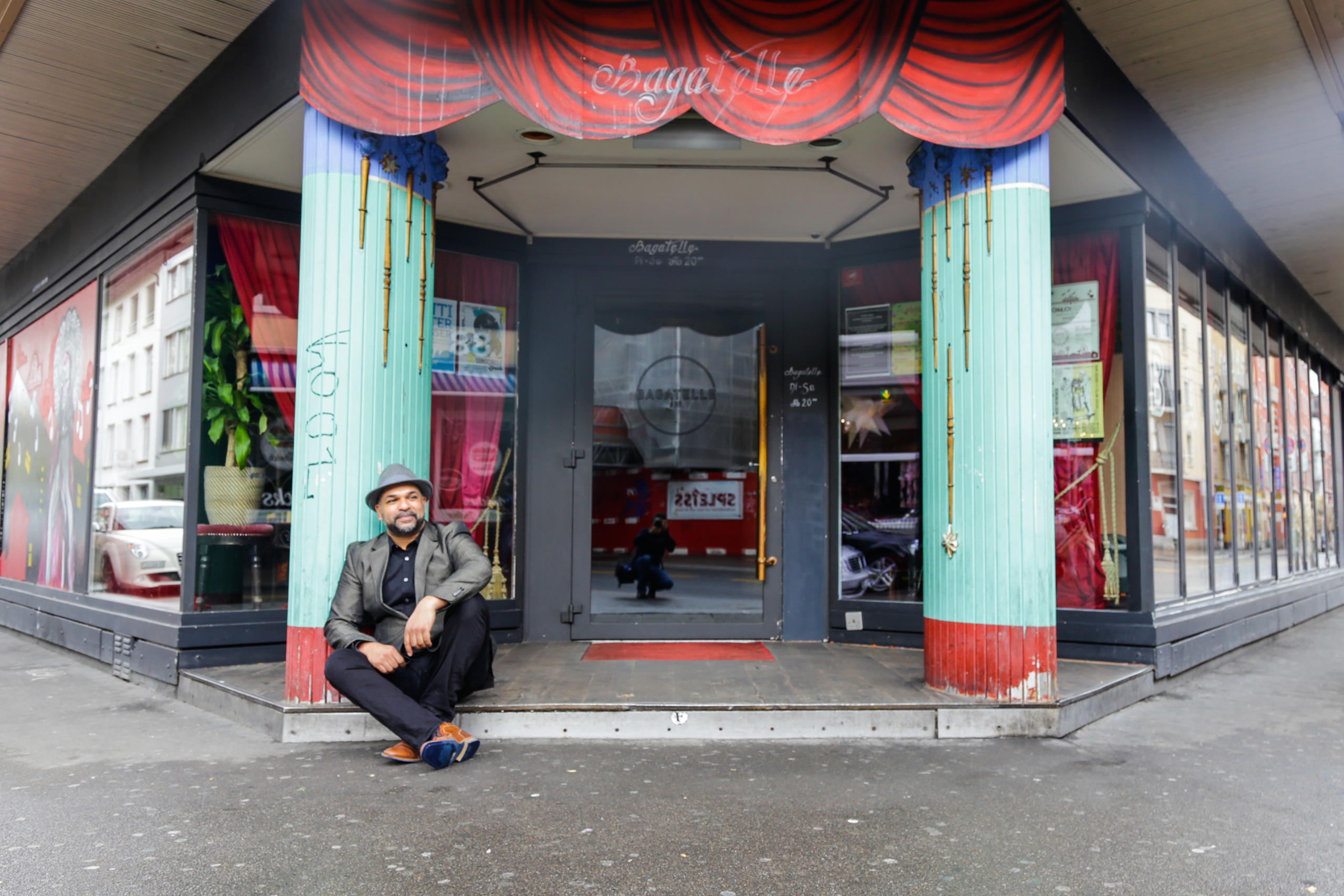
You can find an overview of ongoing debates with our journalists here. Please join us!
If you want to start a conversation about a topic raised in this article or want to report factual errors, email us at english@swissinfo.ch.